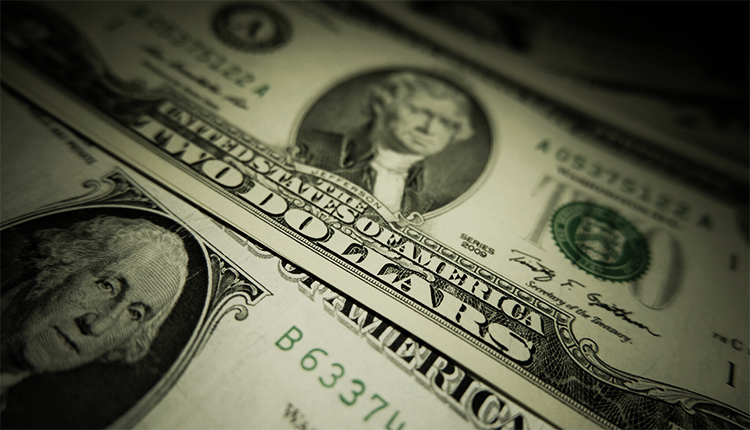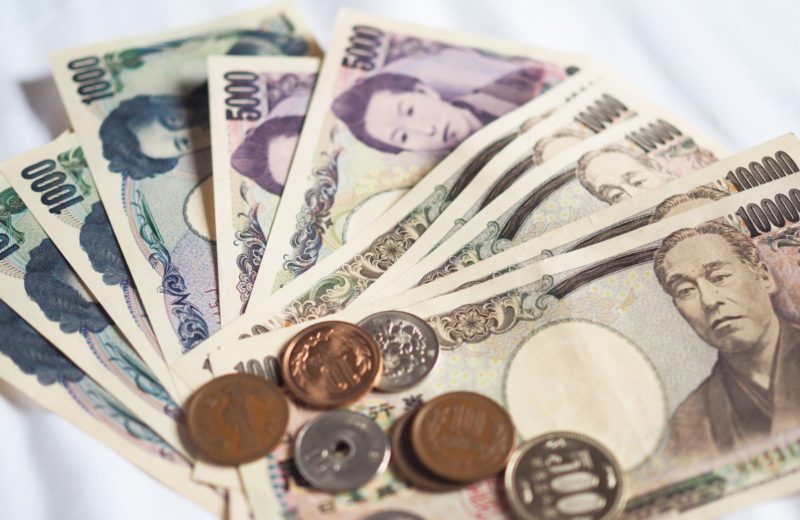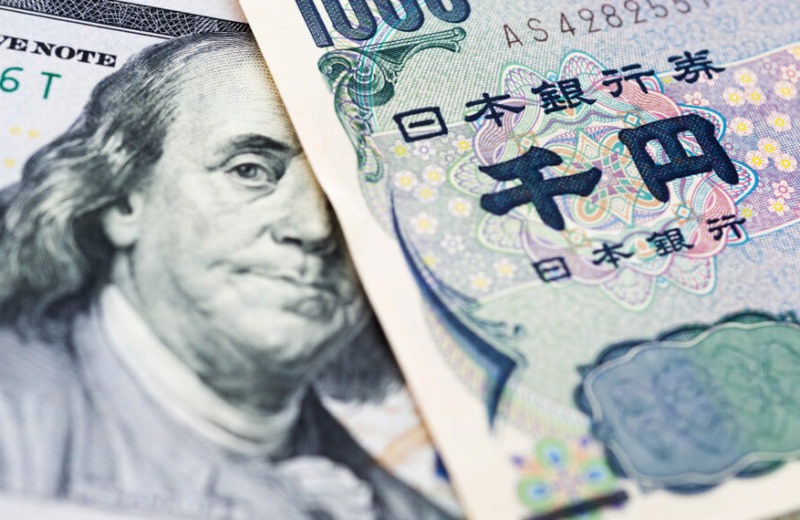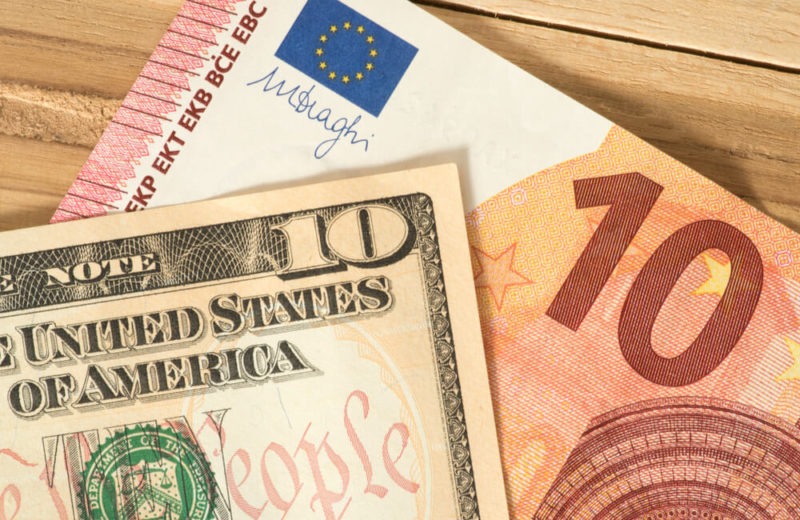The China-United States tensions are lifting the dollar. The fall of oil prices hit commodity currencies.
Tensions between the United States and China boosted demand for safe-haven currencies. Thus, on Friday, in overnight trading, the dollar rose. Furthermore, in early London trading, it held its gains.
The United States President, Donald Trump, said that Washington could react very strongly to the new legislation on China had on Hong Kong. It might lead to new pro-democracy protests, claims Donald Trump.
American-Sino relations have worsened amidst the coronavirus pandemic. The United States ramped up its criticism against China. Thus, it blamed the country for spreading the virus, which originated in Wuhan.
Last week, the government of the United States moved to block global chip supplies for blacklisted telecoms equipment maker Huawei Technologies. Moreover, the United States Senate passed some legislation. The legislation can prevent some companies from China from listing their shares on United States exchanges.
China and the United States
Ulrich Leuchtmann is Commerzbank’s head of FX and commodity research. He said that trade conflict means strength for the USD as well (at least that is the market’s interpretation). Thus, the risk of a relatively weak USD seen over the past few days has come to an end (preliminarily).
Leuchtmann added that it means that, for the EUR-USD, the excursion above the 1.10-mark was short-lived and will not be repeated for now.
Since New York’s close, the dollar was last at 99.7, up 0.3% against a basket of comparable currencies. The dollar looks set to end this week down around 1%, after two consecutive weeks of gains.
At $1.092, the euro was down around 0.3% against the dollar. On Thursday, the common currency hit a three-week high of $1.1.008.
Against the dollar, the Japanese yen was up around 0.2%, at 107.36.
In early London trading, the offshore Chinese yuan hit a two and a half week low of 7.151.














